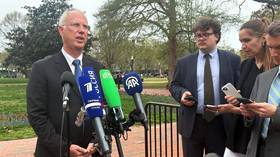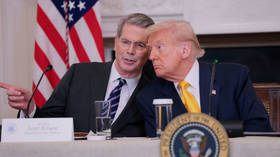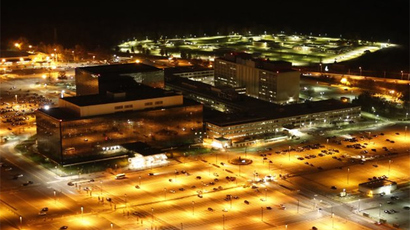80% of Americans concerned about govt surveillance online - survey
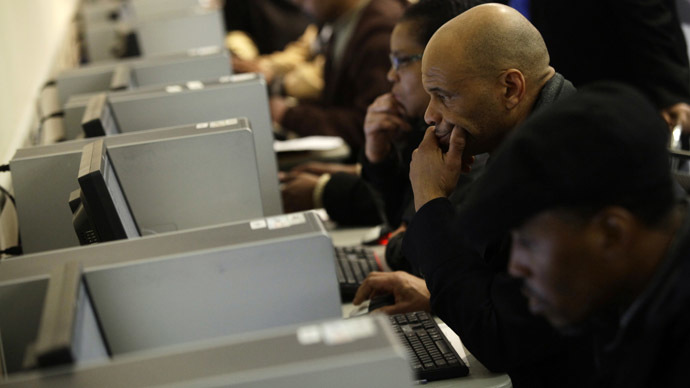
In the first major study since NSA contractor Edward Snowden blew the whistle on the government’s domestic spying programs, Americans are wary about online invasions of privacy, according to a national survey.
Past revelations of government spooks prying on personal information has an overwhelming majority of Americans worried about performing simple online tasks, including shopping, communicating with friends and posting private information about themselves on social media platforms, according to a new survey by the Pew Research Center.
READ MORE: Meet Edward Snowden’s new friend: Rick the dog
The report is based on a survey conducted in January 2014 among a
sample of 607 US adults, and “examines Americans’ privacy
perceptions and behaviors following the revelations about US
government surveillance programs by government contractor Edward
Snowden that began in June of 2013,” according to Pew.
The poll revealed that 91 percent of adults “agree” or
“strongly agree” that Americans have lost control over
how private information is collected and used by companies; 80
percent of people who subscribe to social networking sites say
they are concerned about the risk of advertisers and businesses
collecting their private information.
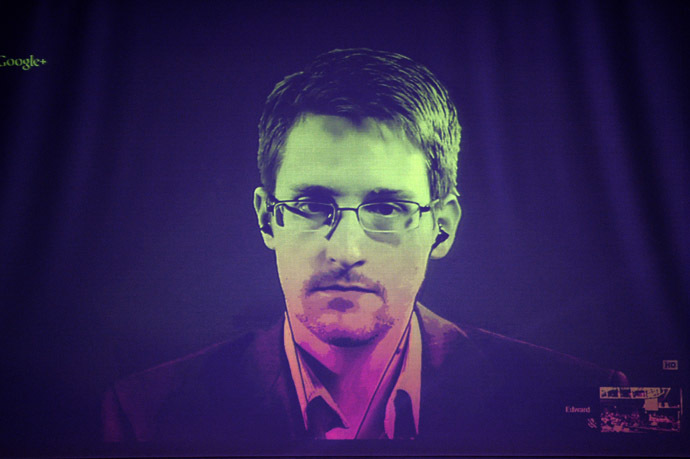
Some 64 percent of those polled think the government should pass
legislation to reign in online advertisers, compared with 34
percent who think the government should not become more involved.
At the same time, suspicion of the US government in these
post-Snowden times remains high, with 80 percent of Americans
over the age of 18 agreeing that people should be concerned about
government monitoring of telephone and internet communications.
Meanwhile, just 18 percent of those surveyed “disagree”
or “strongly disagree” with that notion.
The government’s argument for conducting its widespread
surveillance program is largely based on the premise: ‘If you’re
not doing anything illegal the measures should not concern you’.
However, Pew analysts found that just 36 percent of Americans
“agree” or “strongly agree” with the statement:
“It is a good thing for society if people believe that
someone is keeping an eye on the things that they do
online.”
A majority of Americans (61 percent) said they feel they
“would like to do more” when it comes to protecting
their online personal information and correspondence.
Thirty-seven percent believe they “already do enough” to
protect themselves. In the realm of confidentiality, only 24
percent “agree” or “strongly agree” with the
statement: “It is easy for me to be anonymous when I am
online.”
Concerning the dissemination of private data about themselves
over the internet, 59 percent said they have posted information
or comments online using a name that people “associate with
them;” 55 percent have performed such functions “using
their real name;” while 42 percent of users have “done
so anonymously.”
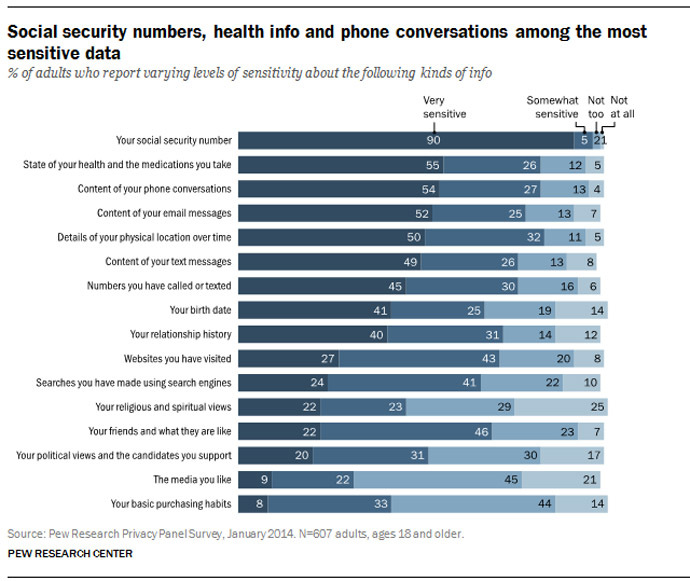
On the question of folks ‘Googling themselves,’ people under 50 years old are “far more likely to be ‘self-searchers’ than those ages 50 and older,” the survey revealed: 62 percent of those surveyed have performed a web search their own name to check what information about them is available online; 47 percent say they “generally assume that people they meet will search for information about them on the internet,” while 50 percent of those polled do not.
READ MORE: Russell Brand, PJ Harvey, Susan Sarandon & dozens of A-listers support Snowden, Manning
Meanwhile, just 6 percent of Americans have created some sort of automatic alert to notify them when their name appears somewhere on the internet.



